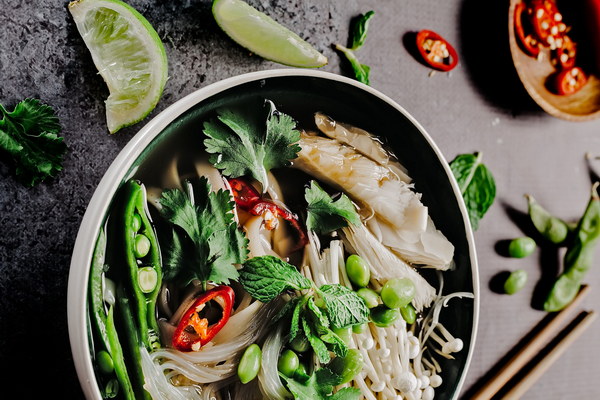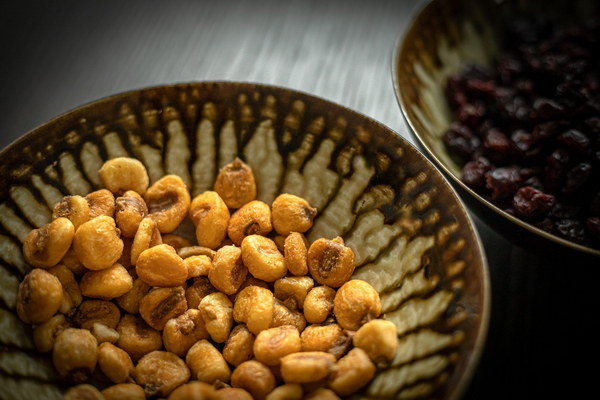Nourishing Your Lungs Essential Nutrients for Pulmonary Health
In the quest for maintaining optimal lung health, understanding the role of essential nutrients is key. The lungs are incredibly vital organs responsible for oxygenation of the blood and removal of carbon dioxide. To keep them functioning efficiently, it is important to incorporate the right nutrients into your diet. Here's a comprehensive look at the essential nutrients needed to nourish your lungs.
1. Vitamin C
Vitamin C is a powerful antioxidant that helps protect the lungs from oxidative stress caused by free radicals. It also enhances the immune system, which is crucial for defending against respiratory infections. Citrus fruits, strawberries, kiwi, bell peppers, and dark leafy greens are rich sources of vitamin C.
2. Vitamin E
Similar to vitamin C, vitamin E is an antioxidant that shields the lungs from damage. It can be found in nuts, seeds, avocados, and vegetable oils. Increasing your intake of vitamin E-rich foods can help reduce the risk of chronic lung diseases.
3. Selenium
Selenium is another antioxidant that plays a vital role in protecting the lungs from oxidative stress. It can be found in Brazil nuts, fish, meat, and whole grains. Selenium deficiency has been linked to an increased risk of lung cancer, so it's important to ensure you're getting enough of this mineral.
4. Beta-Carotene
This precursor to vitamin A is essential for maintaining healthy lung tissue. Beta-carotene-rich foods include carrots, sweet potatoes, pumpkin, and dark leafy greens. It's believed that beta-carotene can help reduce the risk of lung cancer and improve overall respiratory health.
5. Omega-3 Fatty Acids
Omega-3 fatty acids are known for their anti-inflammatory properties, which can help reduce the risk of chronic obstructive pulmonary disease (COPD). Foods high in omega-3s include fatty fish like salmon, mackerel, and sardines, as well as flaxseeds, chia seeds, and walnuts.
6. Flavonoids
Flavonoids are a class of plant compounds that have been shown to have numerous health benefits, including improved lung function. Berries, apples, onions, and tea are all excellent sources of flavonoids.
7. Magnesium
Magnesium is involved in a variety of cellular processes, including those related to lung function. It can help reduce the risk of asthma and improve lung capacity. Magnesium-rich foods include almonds, cashews, dark chocolate, and legumes.
8. Vitamin D
Vitamin D is often referred to as the sunshine vitamin because it is synthesized in the skin when exposed to sunlight. It plays a crucial role in immune function and has been linked to reduced risk of respiratory infections. Foods high in vitamin D include fatty fish, egg yolks, and fortified milk.
Incorporating These Nutrients into Your Diet
To nourish your lungs, it's important to incorporate a variety of foods rich in these essential nutrients into your diet. Here are some tips to help you get started:
- Include a variety of fruits and vegetables in your daily meals.

- Snack on nuts and seeds throughout the day.
- Prepare meals using olive oil, avocados, and other healthy fats.
- Aim for at least two servings of fatty fish per week.
- Choose whole grains over refined grains.
- Drink green tea or other herbal teas to increase your intake of flavonoids.
Remember, while diet plays a significant role in lung health, it is also important to lead an active lifestyle, avoid smoking, and manage stress to maintain optimal respiratory function. Consult with a healthcare professional for personalized advice on how to improve your lung health through nutrition and lifestyle changes.









